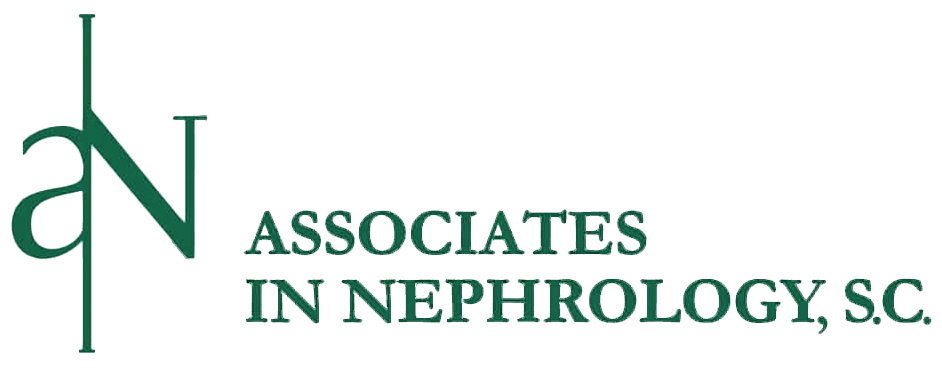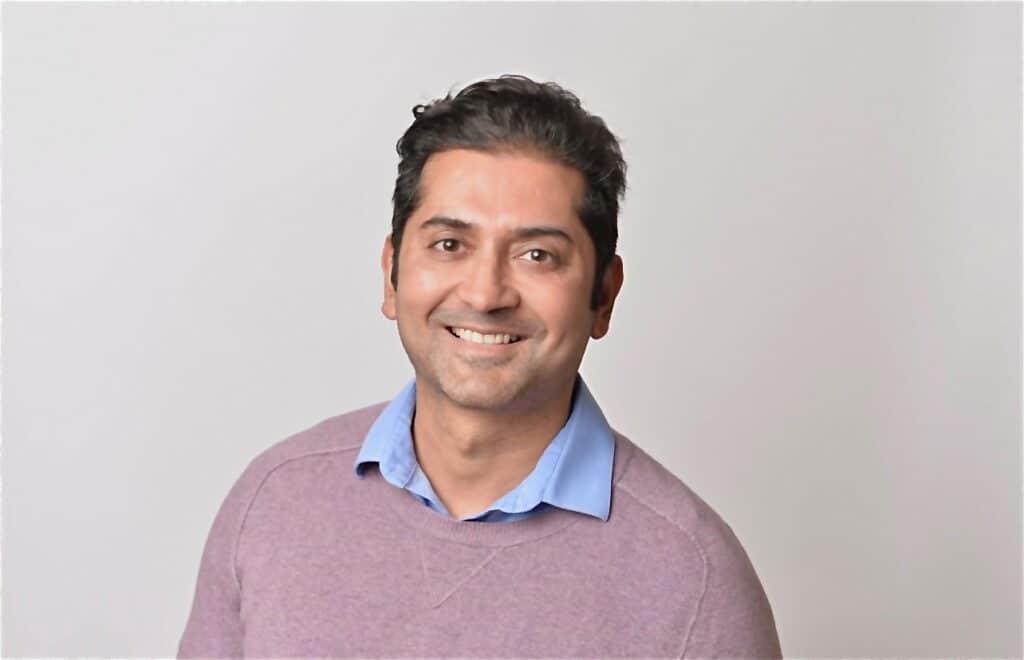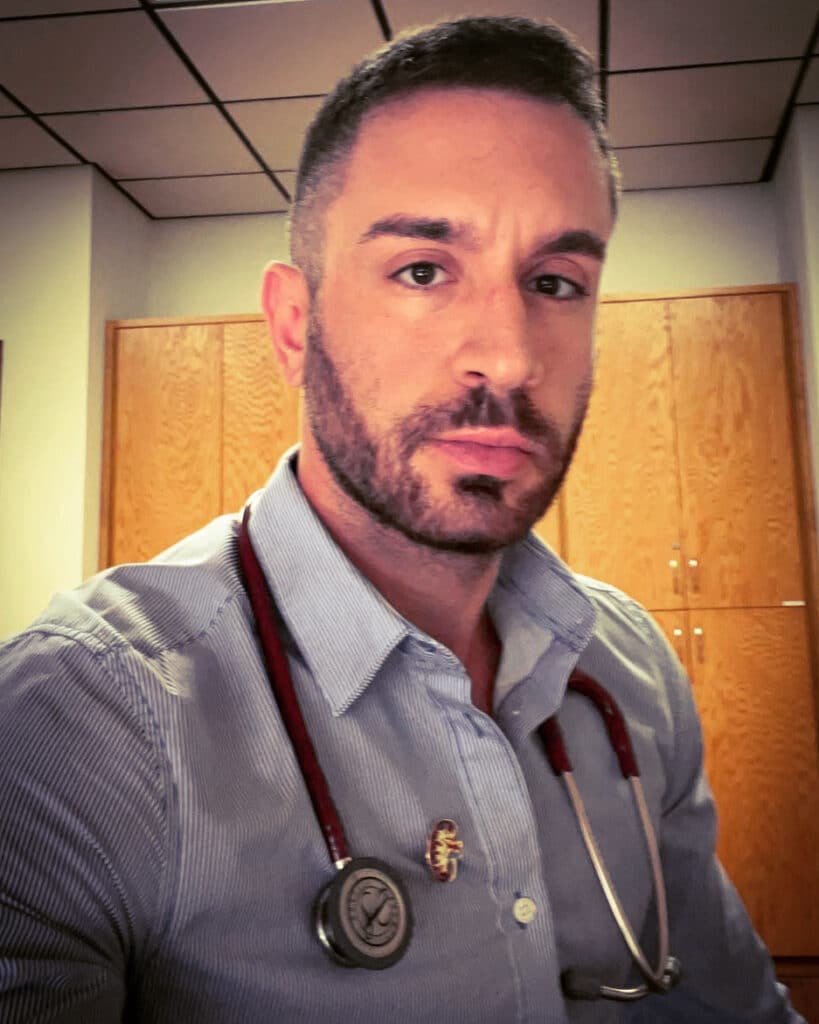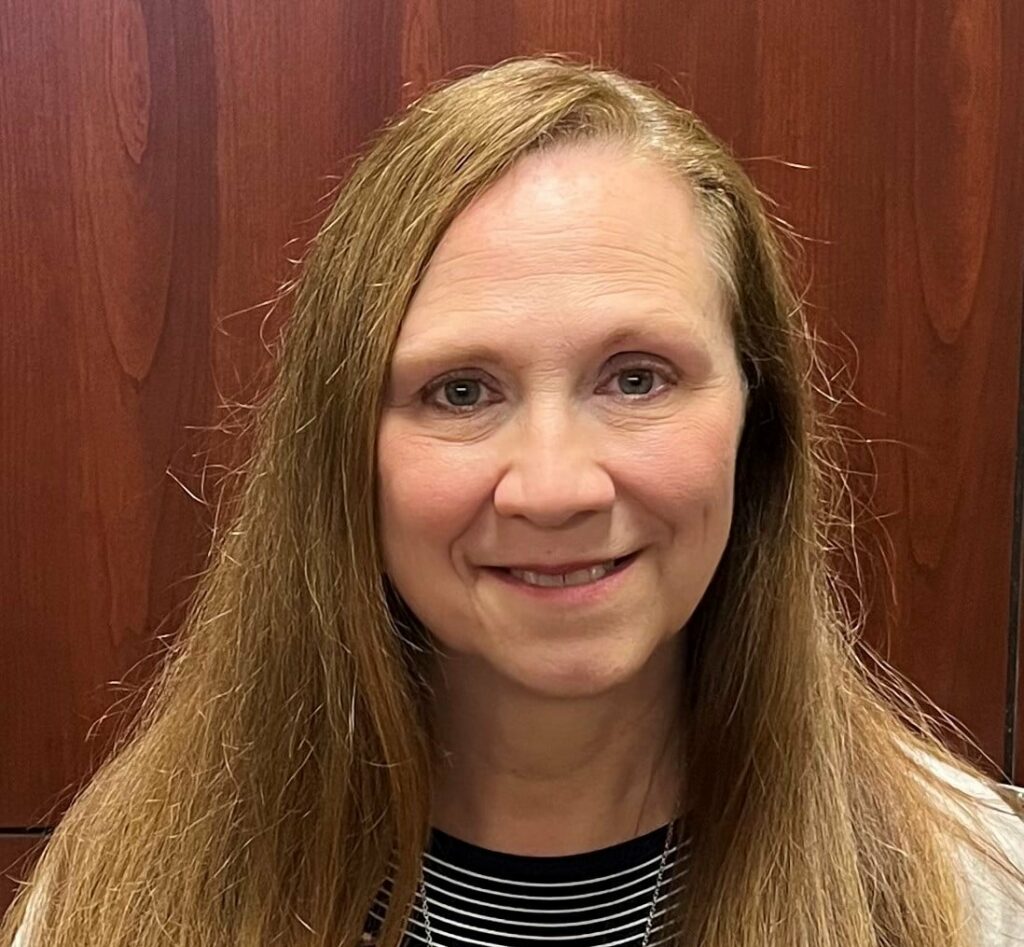AIN Transplant Institute
The AIN transplant institute is a multidisciplinary team of experienced providers trained and certified in the field of Kidney Transplant. Our team consists of two UNOS Certified Transplant Nephrologists and a Transplant Nurse/Post Transplant Coordinator. We offer Comprehensive post-transplant care including treatment for rejection, infection and any complications that might arise from your transplanted Kidney and/or Pancreas. Our transplant nurse coordinator is available for the patients and families for educational needs, questions, and scheduling for appointments.
Resources Call Now


